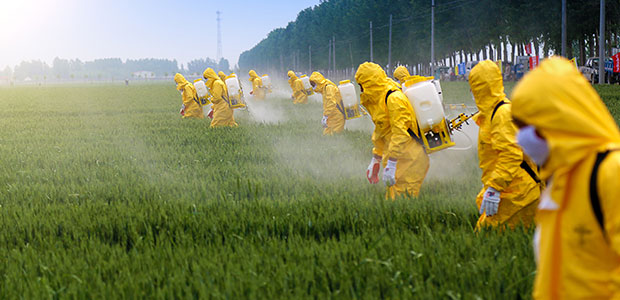
Recent data suggests that many people’s musculoskeletal issues are exacerbated, or caused, by their job.
OSHA has cited the Georgia-based peach farm $128,004 after an employee suffered fatal injuries at the facility.

Fall-related injuries and deaths take the number two spot for workplace hazards. But even though they’re common, they’re also preventable. Learn how to best keep your workers safe.
OSHA’s webpage on grain handling is designed to provide workers, employers, and safety and health professionals with up-to-date safety and health information regarding grain handling facilities.
Now, academic records will be submitted directly to BCSP, where they will continue to be evaluated under the same rigorous standards for U.S. equivalency.

Winter weather conditions can bring severe and chilling dangers, including slip and fall accidents, cold stress, and exposure-related injuries. Learn how to best prevent these incidents and what your worker rights are.

Violence and assault against health care workers, especially nurses, is on the rise—and some studies suggest it’s spiked nearly 110 percent.
OSHA fined a Pennsylvania company $280,874 for putting employees at risk for toxic fumes and other safety hazards.

The stress and anxiety that often accompanies teachers' jobs has a hugely negative effect on teacher performance and personal life. In fact, about one in 20 teachers has a long-lasting mental health issue.
Computer technology company, Dell Inc., is recognizing those who work in the most extreme environmental elements and in some of the most labor-intensive settings.
Oregon OSHA recently announced the statewide initiative to take part in Safety Break for Oregon on May 13 in an effort to promote workplace safety and health.

While safety prep should begin well before the first frost covers the ground, it’s never too late to make sure safety precautions are set for whatever winter brings.

The first week of February (2-8) is Burn Awareness Week, observed by the American Burn Association. Educate yourself on burn, fire, and life safety and help prevent harmful or fatal burns.
Funding will soon be available to further research collaborative robots (co-robots) in the workplace. The deadline to apply is February 26, 2020.

Employers need to ensure that they are doing everything they can to keep workplaces safe and healthy in the presence of the coronavirus.

There is a common fear among many employees that speaking up or expressing their opinions will backfire on them in the workplace. Learn about psychological safety at work and how you can improve employee wellbeing.

A review by two university public health departments show that many employees bring home toxic contaminants from work on their clothes. Now, these groups want to recognize these exposures as a public health hazard.